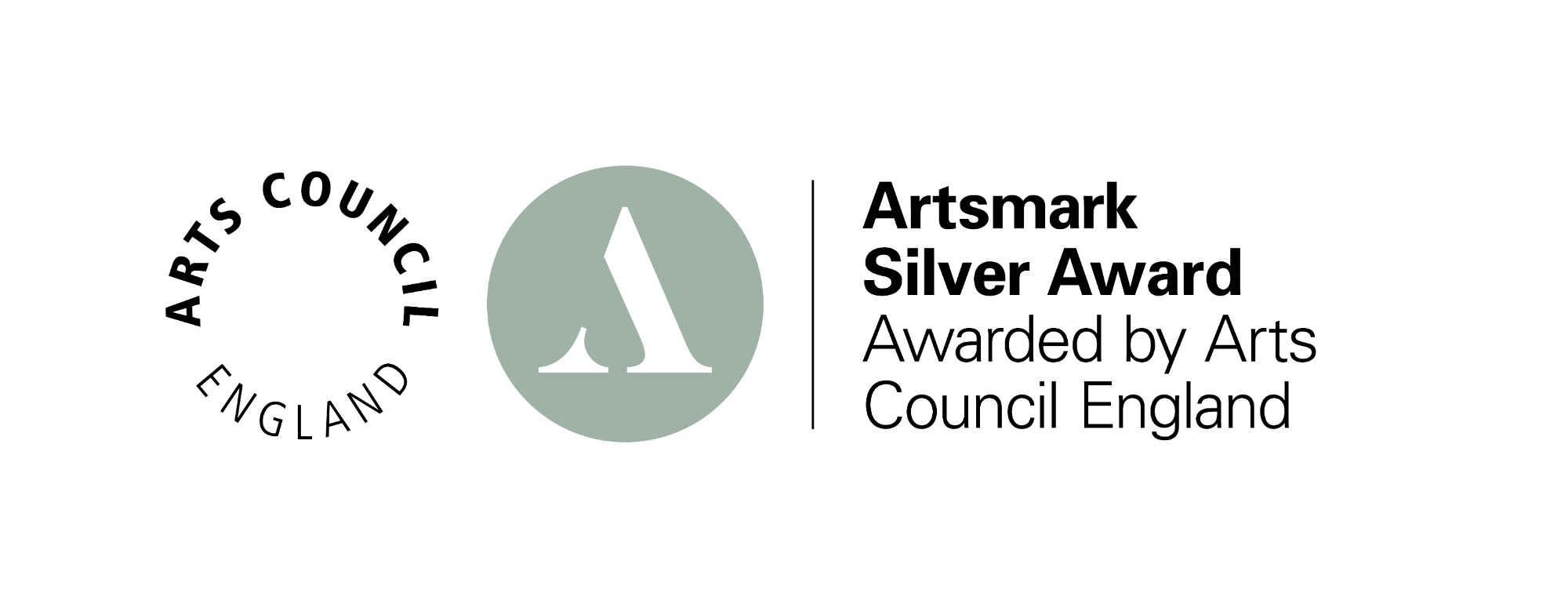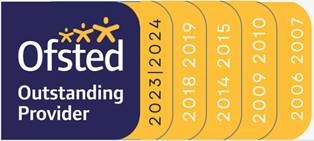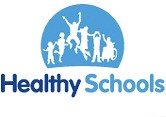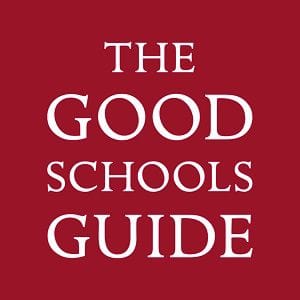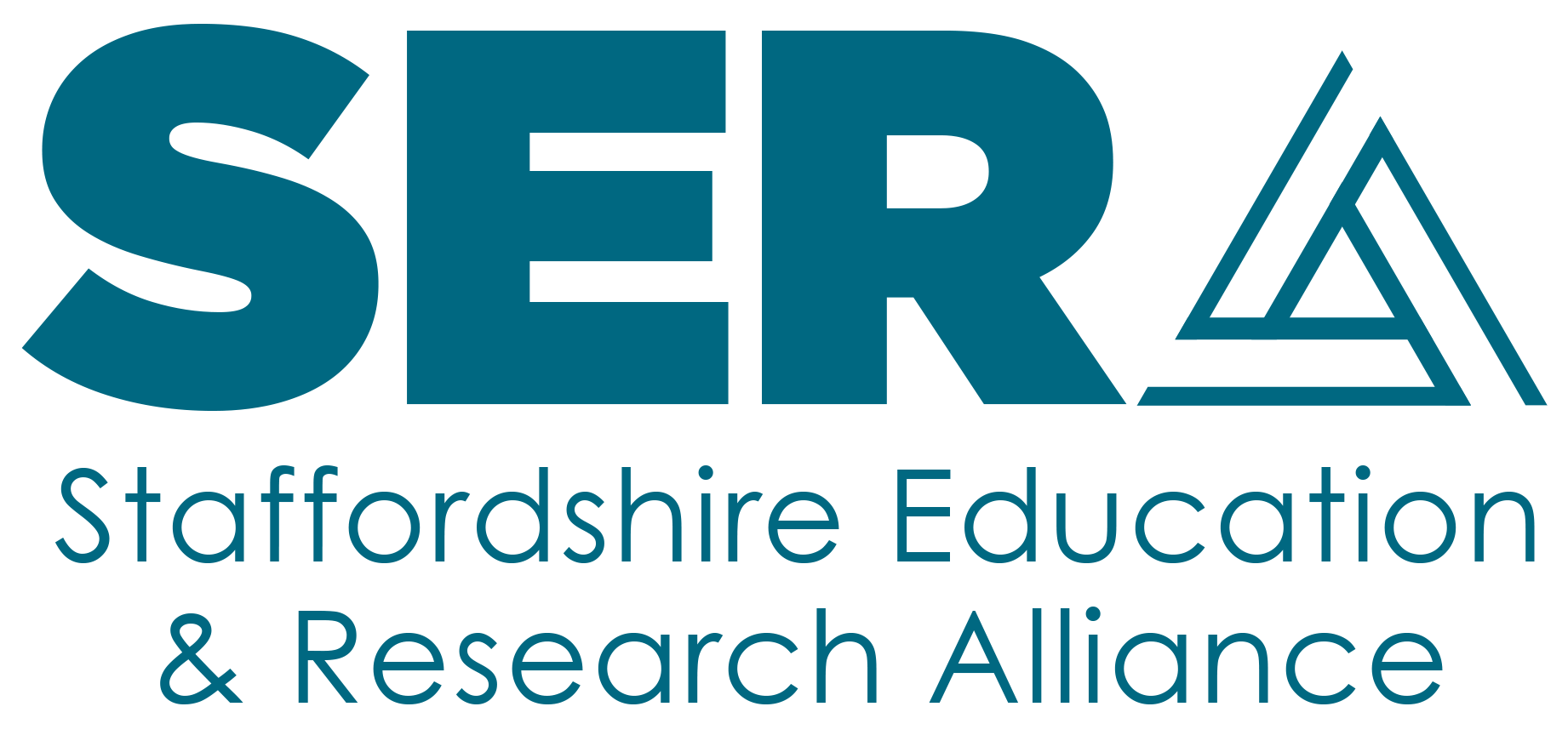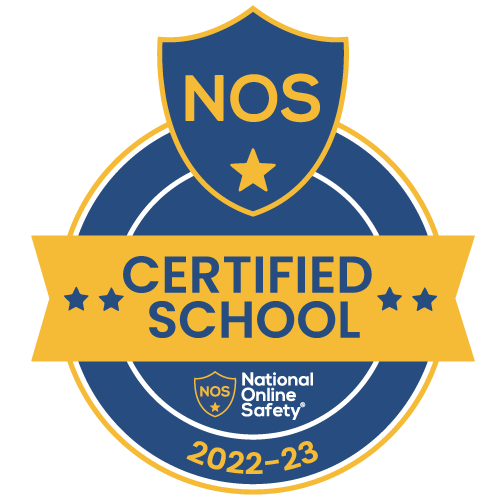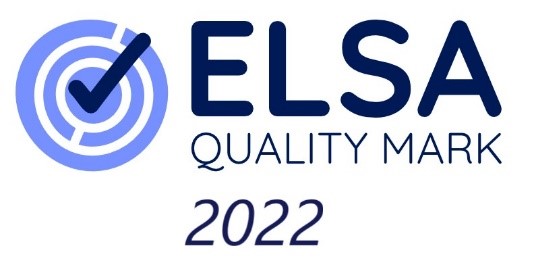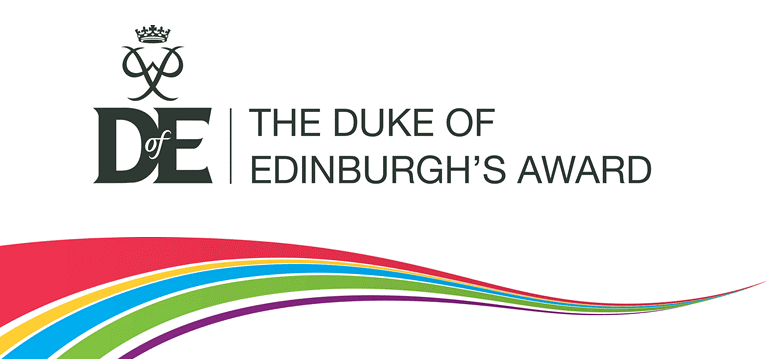UASC
Two Rivers High School Statement regarding the appropriate measures that would be taken to identify, support and protect unaccompanied asylum-seeking children (UASC).
Purpose:
Education is a protective factor for all children, especially those who are UASC. Many of those children will have been separated from their families, and find themselves in a new and different country, with many different expectations. Education will play a significant part in providing a sense of belonging and community to those children in need.
Who are UASC?
The UK home office defines unaccompanied asylum seeking children as people under 18 years old, who are applying for asylum, are separated from both parents, and not in the care of a guardian. Unaccompanied asylum seeking children and young people, who are usually between the ages of 13 and 17, have travelled independently into the UK or have been separated from their parents or carers to seek asylum from war, persecution - political or religious and situations of combat and torture. They are cared for by the local authority and therefore have ‘looked after child’ status.
Legislation and guidance states that all children in England have the same entitlement to education from the age of 5 to 16, regardless of immigration status.
Any child deemed to be in care, including UASC, are entitled to additional educational support through the personal education plan (PEP) and Pupil Premium Plus funding.
Such children, will also face specific challenges due to their legal status, age and their experiences, which often include trauma, separation and loss. It is highly likely that such children will require bespoke support, through a multi-agency approach.
Factors to consider to support and protect the UASC:
1. The asylum process
There is often a degree of uncertainty regarding immigration status and therefore the child’s future. Two Rivers High School will support such students regarding attending legal appointments, working with external agencies such as social workers and advocates, promote an inclusive culture and so develop the staff and student understanding of the process. The school will also seek to support the child’s emotional and academic progress, specific to the needs of the child. This could be through a bespoke timetable to allow for catch up sessions, and having a person to talk to.
2. Safeguarding
The safeguarding team at Two Rivers High School will work with all relevant external agencies to ensure that the child is safe. Staff will be aware that the child may be in the country due to trafficking and exploitation, and training has been provided to all staff on these areas. We will work with experts on how to keep the child safe whilst at school, and any concerns that have not previously been identified will be reported to relevant authorities.
3. Barriers
Two Rivers High School is aware that there may be barriers to learning, which may include: language, culture, social, and emotional needs. Staff will review the barriers for the student and work with external agencies to support the child as best they can. This could involve support via the EAL service at Staffordshire LA. Prior to starting school, it will be essential that background information is established, to make the transition as smooth as possible for all. A checklist can be found at the back of this document.
The UASC will be provided with a key adult, who will have oversight of the child’s transition and progress over time. Through monitoring and checking in, that adult can then provide feedback to staff to try to limit the barriers further.
It may also be positive to assign a peer buddy or small group, to support the UASC at the start of their transition.









